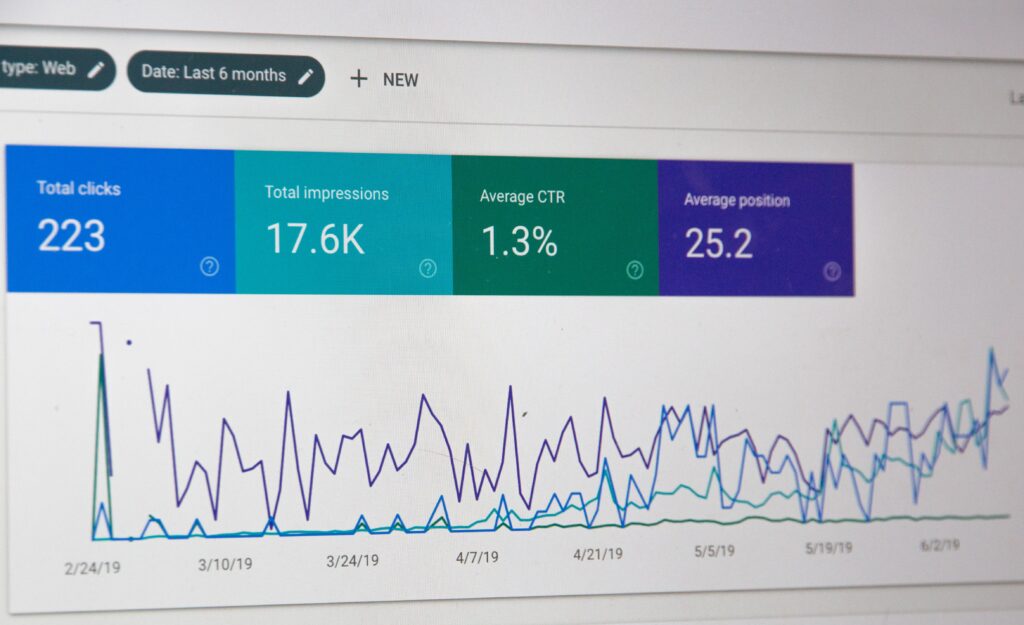
A big part of on-page SEO (search engine optimization) is making good use of header tags. These tags help search engines figure out how the content on a page is organized and in what order, which can affect how it ranks in search results. We’ll talk about what header tags are and how to use them for SEO in this blog post.
What are header tags?
Header tags, which are also called HTML heading tags or just “headings,” are used to show where headings and subheadings are in a page’s content. The most important is h1 and the least important is h6.
How to use header tags effectively for SEO
1.Use only one h1 tag per page: The main topic or focus of the page should be shown by the h1 tag. There should only be one h1 tag on each page. Having more than one can confuse search engines and make the content less important.
2.Use h2 and h3 tags to organize the content: Use h2 and h3 tags to divide the content into logical sections and sub-sections. This makes it easier for people to scan and move around the page and helps search engines understand how the content is organized.
3.Include keywords in the header tags: Using relevant keywords in the header tags helps search engines understand what the page is about, which can help the page rank higher in search results. But don’t put too many keywords in the header tags. This can look like spam and can hurt your SEO.
4.Make the header tags descriptive: Use header tags that are descriptive and tell you what the section is about. This helps search engines figure out what the page is about, which can help it rank higher in search results.
5.Use header tags consistently: Use header tags consistently throughout the page, and make sure that the order of the tags (like h1, h2, and h3) matches the order of the content.
In summary, using header tags effectively is an important part of on-page SEO. Follow the tips above to ensure that your header tags are helping, not hindering, your website’s search engine ranking.



Recent Comments